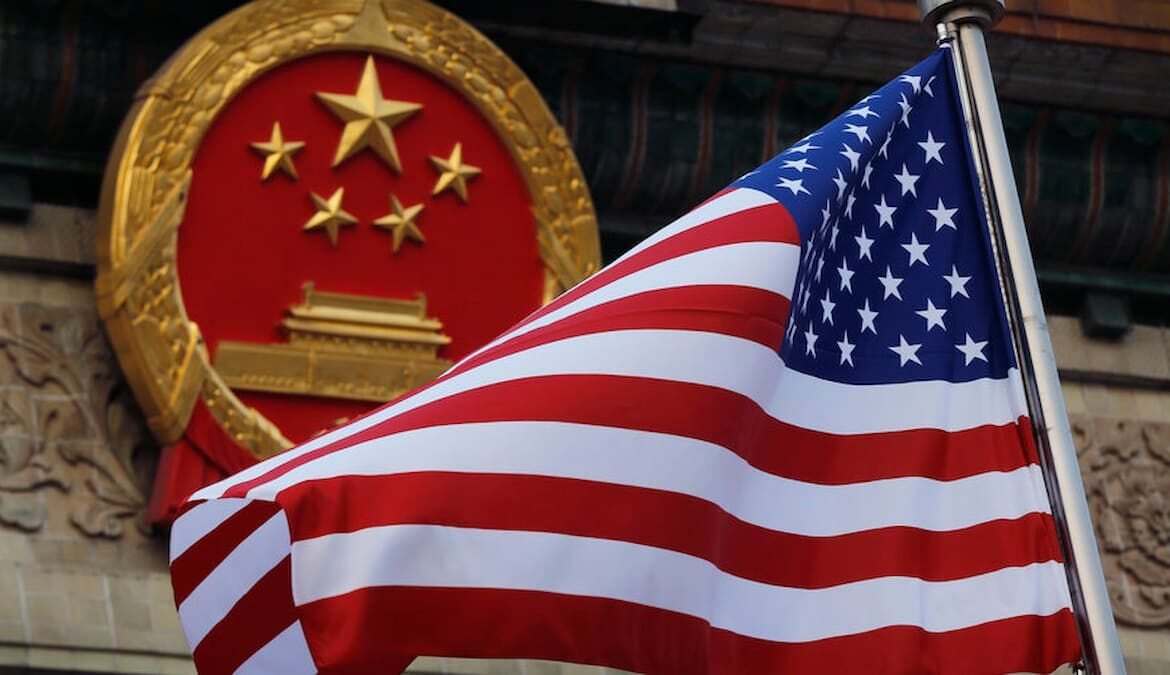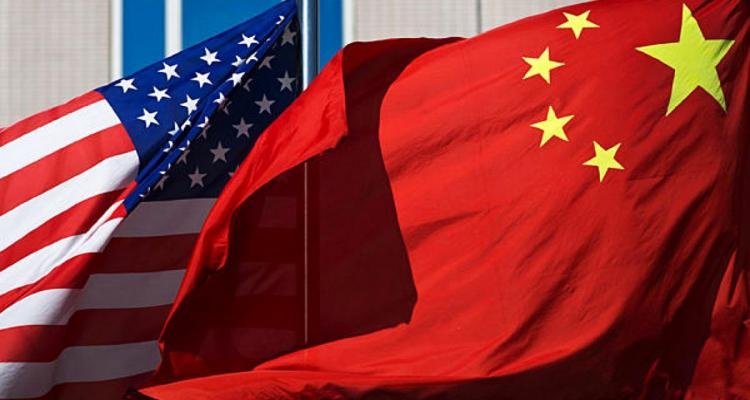How Will the Trump Administration Handle China’s Military Capabilities?
The U.S. Department of Defense has confirmed that the Chinese military continues to make steady progress in updating its conventional capabilities. However, it still suffers from chronic issues related to the quality of its leadership and personnel, as well as a lack of experience in areas like urban warfare and long-term logistics.
The Pentagon’s annual report to Congress on Beijing’s military power highlights that the Chinese military faces deep-rooted problems associated with corruption.
Former Deputy Assistant Secretary of Defense, Heino Klinck, stated that China’s military buildup over the last few years is unprecedented since World War II, expanding its capabilities across all military domains beyond regional challenges. He emphasized that China is actively developing its nuclear capabilities, which could target the United States, thus necessitating Washington to restore its global deterrence strategy.
Klinck further suggested that Washington should increase defense spending to counter global challenges and ensure that America’s allies and partners are also enhancing their military capabilities. He noted that since 2012, China’s military spending has doubled, and under its current leadership, Beijing’s global strategy has shifted towards being more adventurous, expanding into conflicts with Taiwan and India, and supporting Russia’s war in Ukraine.
He stressed that the growing Chinese challenge in front of Washington is a bipartisan concern, predicting that President-elect Donald Trump would follow a strategy to maintain and enhance America’s deterrence capabilities.
The Pentagon’s report documents the rapid expansion of China’s nuclear arsenal, estimating that by 2024, China’s stockpile exceeded 600 warheads, with projections for it to surpass 1,000 by
2030 and continue growing until 2035.
In response, on Thursday
China’s Foreign Ministry described the Pentagon’s report as “irresponsible” and suggested it was
a pretext for the U.S. to maintain its military dominance.
The expanded Pentagon report also noted that from July 2023 to December of the same year, at
least 15 high-ranking Chinese military officers and defense sector executives were removed from
their positions.
U.S. officials, including William Burns, Director of the Central Intelligence Agency (CIA), have
indicated that Chinese President Xi Jinping has ordered the military to prepare for an invasion of
Taiwan by 2027.
The U.S. Department of Defense pointed out that China’s official modernization goals by 2027
include accelerating the integration of intelligence, automation, and other tools while enhancing
the speed of updates in military plans, personnel, weapons, and equipment.
This article outlines the complex dynamics between the U.S. and China’s military developments
under the anticipated Trump administration, highlighting the strategic, political, and diplomatic
dimensions of this relationship.
The $10 Million Bounty on Al-Julani: Story and Recent Developments




